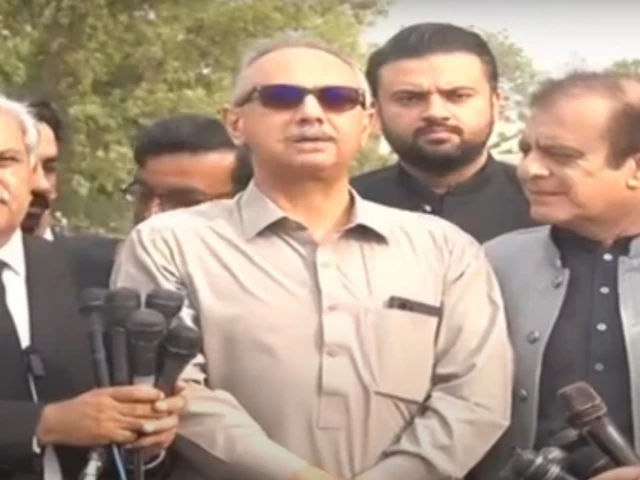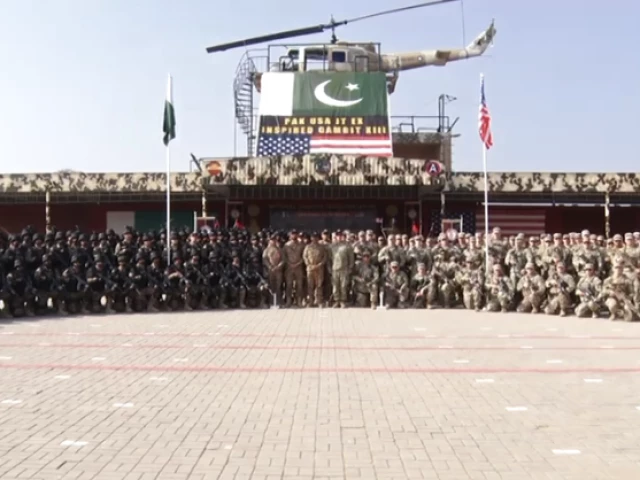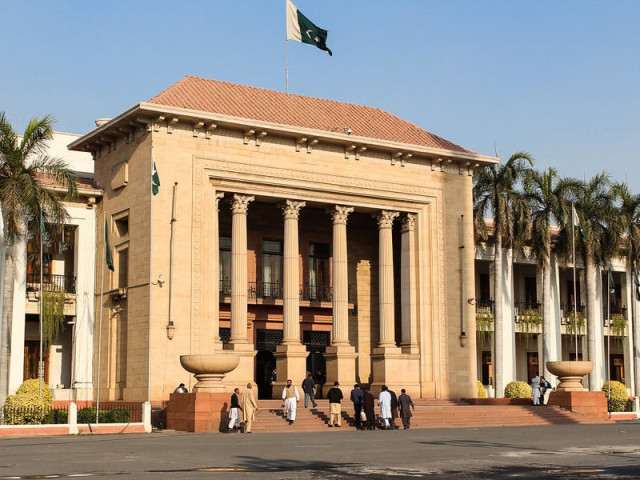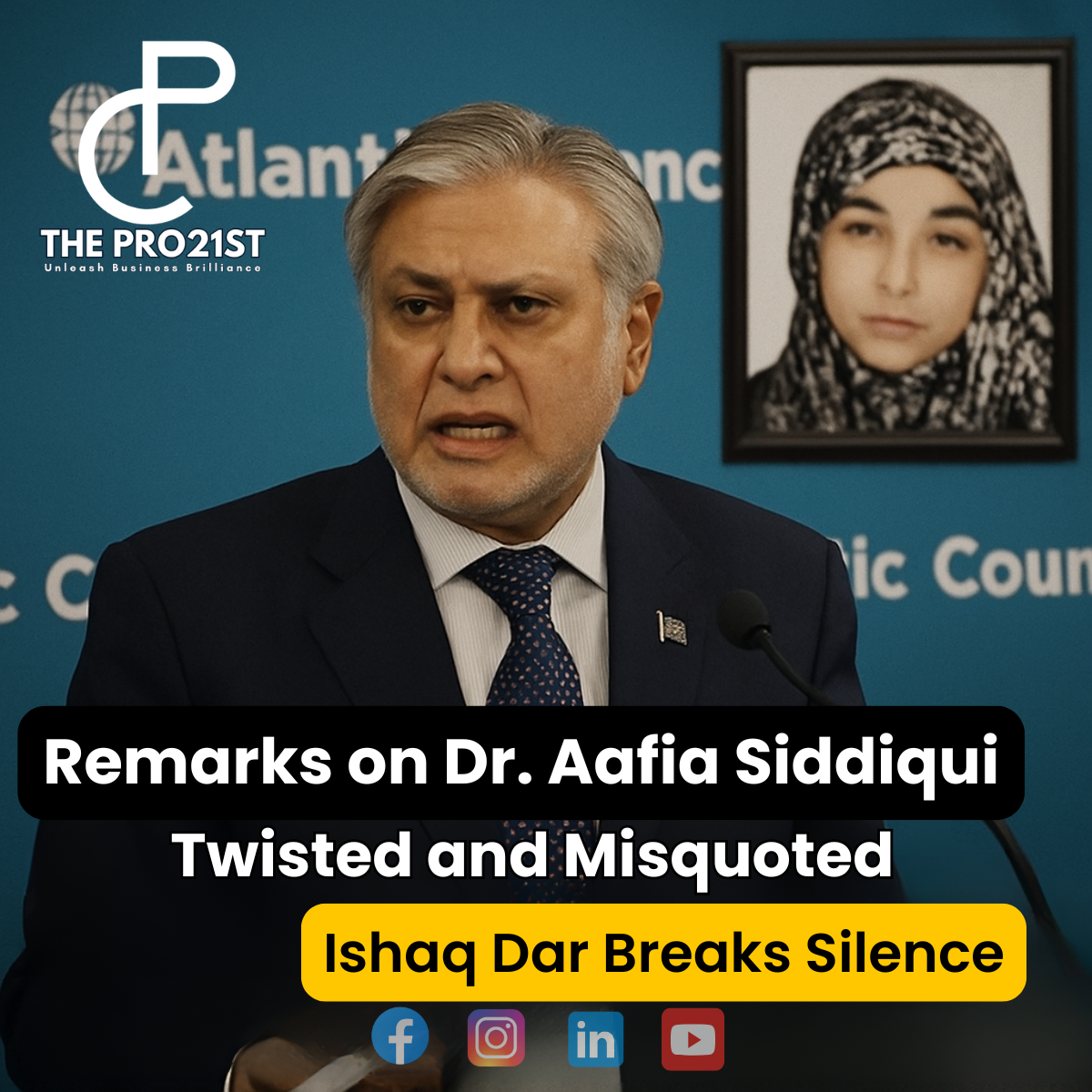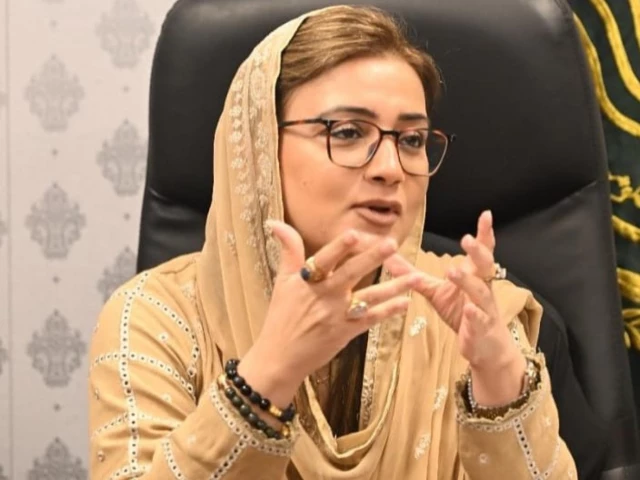Recent Developments in Pakistan’s Political Climate: The Case of Omar Ayub
The political landscape in Pakistan has seen some intense shifts lately, particularly following the May 9 protests. On Saturday, a Lahore anti-terrorism court (ATC) made a notable decision by dismissing the interim bail petitions of Omar Ayub, a senior leader of the Pakistan Tehreek-e-Insaf (PTI). The ruling came after the court noted Ayub’s absence from the proceedings, which raised eyebrows not just among his supporters but across the political spectrum.
These cases are tied to the unrest during the May 9 riots, which escalated into attacks on significant state and military properties, including the highly publicized incidents at Lahore’s Jinnah House and Askari Tower. Given the gravity of these allegations, the courtroom actions have generated substantial media coverage and public interest.
ATC Judge Manzar Ali Gul presided over the hearings, highlighting Ayub’s failure to appear as a key reason for the rejection of his bail requests. A one-day exemption from appearing was also declined, showcasing the court’s firm stance on maintaining accountability. This is not the first time Ayub has faced legal challenges; just last month, he and other PTI leaders received prison sentences of up to 10 years for involvement in the May 9 events.
In a broader context, the political fallout from these events has been significant. The National Assembly recently took action by removing several PTI leaders from essential parliamentary roles, reacting to the disqualification of various party lawmakers. Among those affected were Ayub, who lost his position as Leader of the Opposition, and others like Zartaj Gul and Ahmad Chattha.
The May 9 protests stemmed from the arrest of PTI’s founder, Imran Khan, igniting widespread demonstrations that unfortunately turned violent. The subsequent legal actions are a reflection of how public unrest can lead to swift legal repercussions. As the state works to prosecute those involved in these attacks on military and public properties, it seems that the repercussions for PTI and its leaders are far from over.
For those keeping an eye on political developments in Pakistan, these events are crucial in understanding the ongoing tensions and the actions being taken against individuals involved. Whether you’re a political enthusiast or just someone trying to make sense of the situation, staying updated is essential.
If you’re interested in more insights into the dynamics of Pakistan’s political scene, feel free to engage further with us at Pro21st, where we share valuable perspectives to keep you informed.
At Pro21st, we believe in sharing updates that matter.
Stay connected for more real conversations, fresh insights, and 21st-century perspectives.

